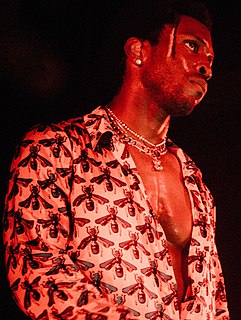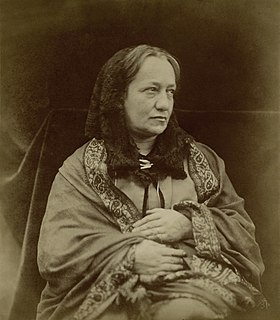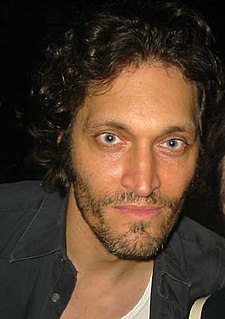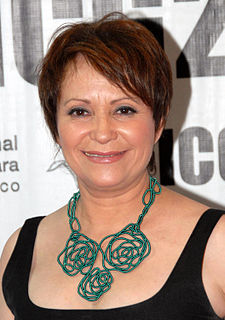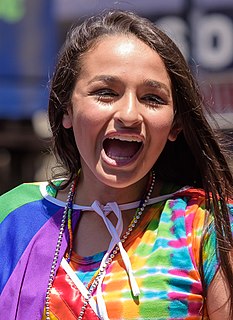A Quote by Saint Jhn
My mom made me read a ton of books, so I got good at words and understood the English language. So when I started rapping, words were something I knew. I learned how to manipulate them so that I could say whatever I wanted to say.
Related Quotes
I wish I could take language And fold it like cool, moist rags. I would lay words on your forehead. I would wrap words on your wrists. 'There, there,' my words would say - Or something better. I would ask them to murmur, 'Hush' and 'Shh, shhh, it's all right.' I would ask them to hold you all night. I wish I could take language And daub and soothe and cool Where fever blisters and burns, Where fever turns yourself against you. I wish I could take language And heal the words that were the wounds You have no names for.
Ernest once told me that the word paradise was a Persian words that meant walled garden. I knew then that he understood how necessary the promises we made to each other were to our happiness. You couldn't have real freedom unless you knew were the walls were and tended to them. We could lean on the walls because they existed; they existed because we leaned on them.
I'm talking to a journalist and I really have nothing to say anymore, this is already uncomfortable. I feel the pain coming already. The brutal pain, when one day I should read your edit of whatever I say, because no matter what I say, no matter how I say it, no matter its tone, its frequency range, its decibel level or the way in which I put the words together, no matter my intentions and no matter the truth. What I'll read one day will be a chastised, manipulated abortion of your misunderstandings, your manipulations, your agenda and your amateur use of the English language.
We live and breathe words. .... It was books that made me feel that perhaps I was not completely alone. They could be honest with me, and I with them. Reading your words, what you wrote, how you were lonely sometimes and afraid, but always brave; the way you saw the world, its colors and textures and sounds, I felt-I felt the way you thought, hoped, felt, dreamt. I felt I was dreaming and thinking and feeling with you. I dreamed what you dreamed, wanted what you wanted-and then I realized that truly I just wanted you
There are some people that aren't into all the words. There are some people who would have you not use certain words. Yeah, there are 400,000 words in the English language, and there are seven of them that you can't say on television. What a ratio that is. 399,993 to seven. They must really be bad. They'd have to be outrageous, to be separated from a group that large. All of you over here, you seven. Bad words. That's what they told us they were, remember? 'That's a bad word.' You know bad words. Bad thoughts. Bad intentions.
When I was a kid they didn't call it dyslexia. They called it you know, you were slow, or you were retarded, or whatever. What you can never change is the effect that the words 'dumb' and 'stupid' have on young people. I knew I wasn't stupid, and I knew I wasn't dumb. My mother told me that. If you read to me, I could tell you everything that you read. They didn't know what it was. They knew I wasn't lazy, but what was it?
